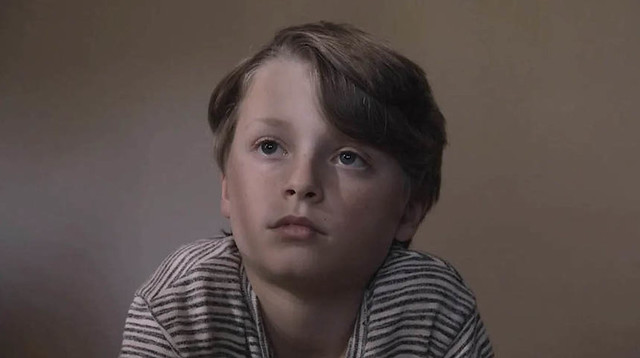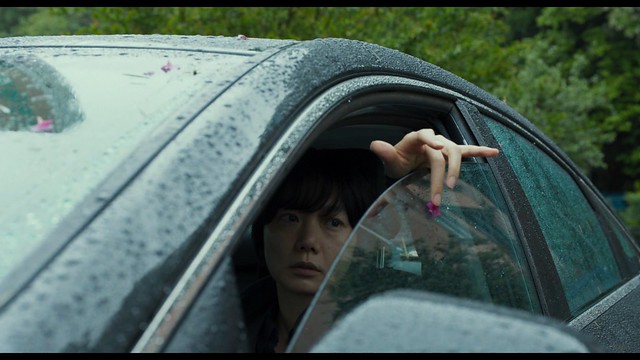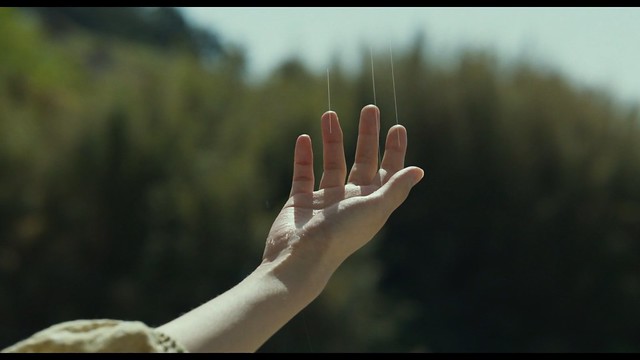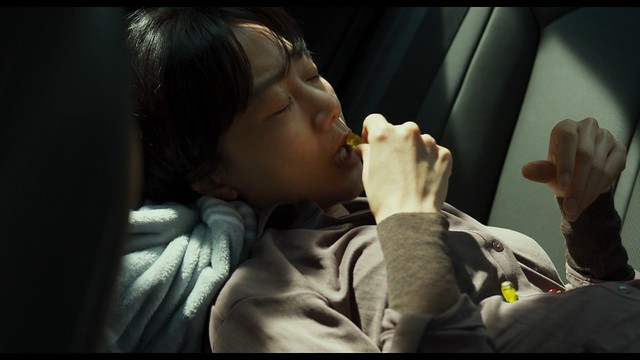 Ricky D'Ambrose, a micro-budget indie filmmaker whose initial series of shorts gained acclaim on the international festival circuit -- including Berlinale and New Directors/New Films -- made his feature-length film debut with Notes on an Appearance in 2017.
Ricky D'Ambrose, a micro-budget indie filmmaker whose initial series of shorts gained acclaim on the international festival circuit -- including Berlinale and New Directors/New Films -- made his feature-length film debut with Notes on an Appearance in 2017.
The Cathedral, his astute, semi-autobiographical follow up, premiered at Venice last year, then screened at Sundance earlier this year. The film paints a picture of an American family and its two decades of slow dissolution, with the culturally and politically volatile climate of the 80s and 90s in the U.S. as a backdrop, observed through the eyes of young Jesse Damrosch. It showcases the same minimalistic approach to filmmaking that D'Ambrose embraced while making shorts over the years: static shots, slow zoom-ins, and fragmented images, consisting of stills, old TV commercials, and archival news footage, with "narration" provided by voice-overs and diegetic sound.
Jesse Damrosch recounts how his parents, Richard (Brian d'Arcy James) and Lydia (Monica Barbaro), met, and then dramatizes how their uneasy union unraveled over time, partly due to Richard's volatile relationship with Lydia's family, the Orkin's. Their story is just like many other middle-class, suburban American families: money problems, death in the family, resentment and gossip, the divorce of one's parents and growing apart. We see birthday celebrations, the communion, funerals, family dynamics -- stepparents and extended families bickering over taking care of aging parents, and so forth -- all dryly narrated by an anonymous female voice.
The film also comments on changing times. Richard inherits a printing business from his dad, then struggling with the emergence of digital technology.
Time swiftly passes, jumping from the Reagan through the Clinton and Bush eras, covering the AIDS crisis, scandals, natural and man-made disasters, wars, and terrorism, all witnessed and heard by Jesse, a clear-eyed chap who's often seen staring yonder in various ages. D'Ambrose omits most of his own personal experiences. So there are no scenes of teenage rebellion, no mention of any friends, no love interests, no time of joy or disappointments.
In a way, the film is both autobiographical and not at the same time. It's like he is at the center of it all but also the fly on the wall. It acknowledges the political and cultural climate D'Ambrose (and by proxy, Jesse) and his generation are subjected to, without any prejudice or judgment.
What we are left with, are lingering small details, like the patterns on old furniture upholstery or how the light hit on the parts of his father's apartment or the metal ticking sound of an old radiator.
D'Ambrose's economical aesthetics and sensibilities have a lot in common with contemporary indie filmmakers across the globe. I see resemblance in the works of Dan Sallitt, Matìas Piñeiros, Bas Devos, and Ramon and Silvan Zürcher. His use of interior spaces in his chamber pieces is very much reminiscent of Chantal Akerman's.
Yet, with his even-keeled observations and dense layering of world events mixing with his own childhood memories, The Cathedral feels very much universal and personal at the same time, as it plays out like an emotionally unencumbered version of Richard Linklater's Boyhood, akin to Terence Davies' work.
The Cathedral establishes D'Ambrose as one of the major American voices in indie cinema, in tune with other contemporary filmmakers in the global indie scene embracing minimalist aesthetics with a keen observational eye on the world we live in. I welcome it.
The films opens on September 2, 2022 for one week engagement at Film at Lincoln Center in New York, then begins streaming exclusively via Mubi.






